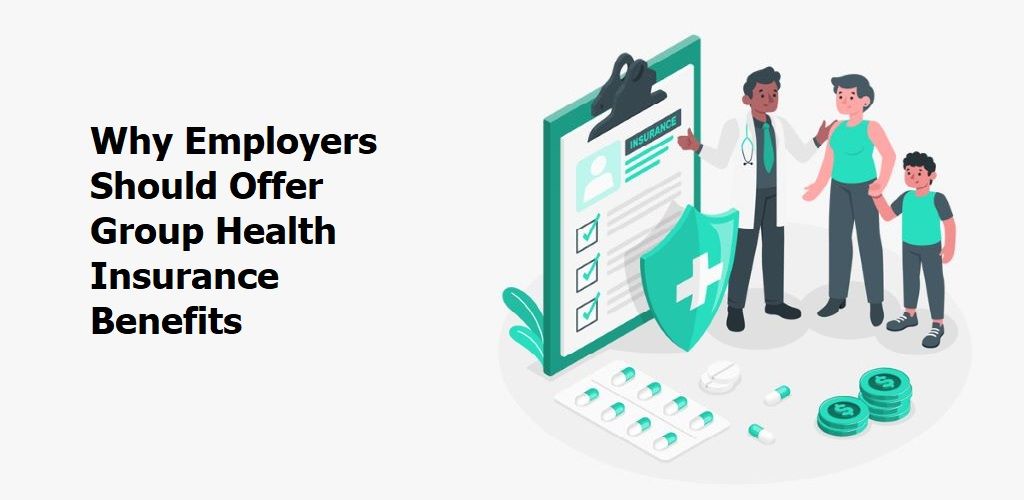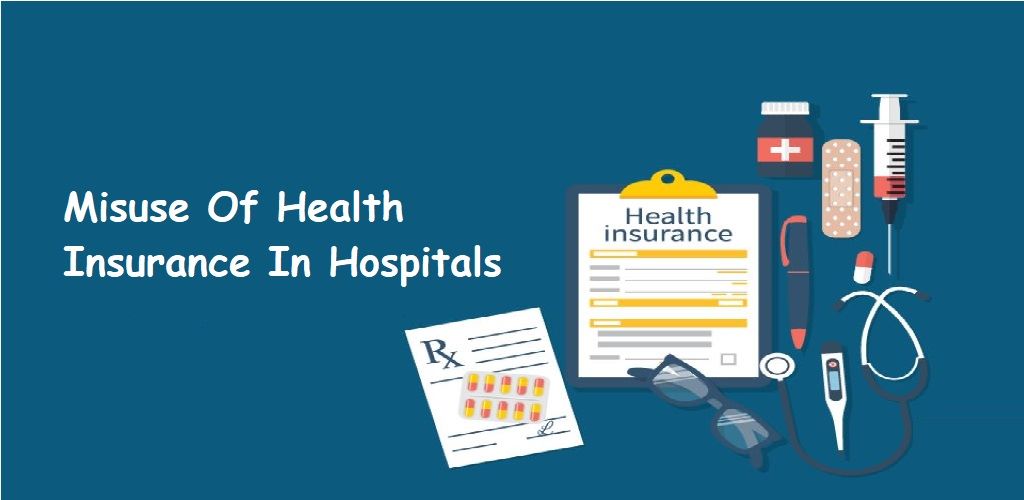While many people think that buying a health insurance plan will only protect them financially against medical emergencies, they miss the part that health insurance plans help you to save taxes as well. Saving taxes is a pivotal part of financial planning as this helps you to use that saved money in other ways. Fortunately, Indian Tax Laws allow you do income tax deductions through health insurance policies. If you are wondering how to do that, your search ends here because today, we are going to talk about each detail that you need to know about this tax-saving facility through your health/medical insurance policy.
Different Ways To Save Taxes With Medical/Health Insurance Policy
If you are a policyholder, you are eligible to save taxes up to Rs. 25,000 annually which is subject to the premiums paid towards the policy. That coverage can be availed of by you, your spouse, and our dependent children. The tax limit may vary depending on the age. For example, if your spouse is 60 years old or above, then under a senior citizen health insurance policy, that limit can go up to Rs. 50,000 per year. This limit can also be backed by additional coverage of Rs. 5000 depending on the medical expenses that you are availing of.
So, before investing in a health insurance policy, go through the following mentions to know the ways of saving taxes through your medical insurance policy to make the policy more pocket-friendly.
Through regular health check-ups – The medical expenses that have been incurred due to the preventive health check-ups, you can save taxes on that. This tax exemption limit is up to Rs. 25,000 annually if you are be4low3 the age of 60, and if you are a senior citizen, the limit is Rs. 30,000 according to the Income Tax Act, 1961, under Section 80D.
Preventive health check-ups – In this case, you are also eligible for a claim as an additional benefit coverage for the expenses incurred due to preventive health check-ups for which the limit is Rs. 5000 per year. To avail of this benefit, you need to submit the original invoice or the receipts received from the pathological labs.
Health insurance policy for the parents – If you pay the premiums for the health insurance plan availed of by your parents, you are eligible for claiming an additional tax saving benefit, as per the Income Tax Act, 1961, under Section 80D. The maximum limit for this deduction is Rs. 50,000 per year.
No tax benefit for the payments in cash – If you want to avail of this benefit, then you need to pay the premiums for your health insurance policy through certain payment modes, such as through demand draft, cheque, debit cards, credit, or net banking. But still, you can enjoy the tax exemption benefit through regular and preventive health check-ups even if you have paid the premiums in cash.
Health insurance plan taken for senior citizens – There is a special segment for the senior citizens, who are 80 years of age or above to save the income tax. This can happen only if that person is not covered under any other health insurance plan. in that case, the tax deduction limit is up to Rs. 30,000. This section also allows you to avail of the tax exemption benefit of up to Rs. 35,000 against the medical expenses incurred due to treatments and preventive health check-ups done for both of your parents who are senior citizens.
Others – If you have made a contribution to the Central Government health scheme or any scheme as notified by the government, you can still reduce your income tax in certain ways that are subject to the terms and conditions of the insurer and the ITA.
Eligibility For Income Tax Deduction Under Section 80D
The income tax exemption on your premium payment towards your health insurance plan works for a particular financial year. The following members of a family can enjoy this benefit under this section.
- Self (The policyholder)
- Spouse
- Dependent children
- Dependent parents.
For your better understanding, here is a scenario that explains how much tax benefit you can claim for being an individual (policyholder) or member of HUF (Hindu Undivided Family):
| Scenario | Premium paid | Tax deduction under Section 80D | |
| Self, spouse, children | Parents | ||
| Individuals and parents below 60 years | Rs. 25,000 | Rs. 25,000 | Rs. 50,000 |
| Individuals and family below 60 years but parents above 60 years | Rs. 25,000 | Rs. 50,000 | Rs. 75,000 |
| Both individual, family, and parents above 60 years | Rs. 50,000 | Rs. 50,000 | Rs. 1 lakh |
| Members of HUF | Rs. 25,000 | Rs. 25,000 | Rs. 25,000 |
| Non-resident individual | Rs. 25,000 | Rs. 25,000 | Rs. 25,000 |
Save Tax Under Section 80DDB
Under this section, your health insurance policy makes you eligible to enjoy tax benefits up to Rs. 40,000 for the treatments incurred due to critical illnesses only. For senior citizens, the limit is up to Rs. 60,000, and for very older persons or very senior citizens, the limit is up to Rs. 80,000. In case of any specified critical illnesses such as cancer, chronic renal failure, or cardiac disease, you are eligible to avail of the tax reduction benefit between Rs. 40,000 to Rs. 80,000. You can avail of this benefit for self, spouse, dependent children, parents, and siblings. There are some specific types of illness covered under the list of Rule 11DD. To enjoy this benefit, it is mandatory to attach a certificate issued by the doctor while filing the income tax return.
How To Do Tax Planning Under Section 80DD?
Under this section, the facility is made only for the dependent persons with disability for whom you are bearing the costs of medical treatments. The eligible persons are dependent spouses, parents, children, and siblings. In this case, you are eligible to avail of the tax exemption benefit of up to Rs. 75,000 per year. This limit can extend up to Rs. 1.25 lakhs per year for the people with severe disabilities for whom you are bearing the expenses of medical treatments, training rehabilitation, nursing, and maintenance of that person.
Income Tax Deduction Through Section 80U
Under Section 80U of the Income Tax Act, a person with a disability can avail of the tax exemption benefit of up to Rs. 75,000 per year. This limit can go up to Rs. 1.25 lakhs if the person is suffering from severe disability.
Save Tax On Medical Allowance Under Section 17
If your employer pays the medical expenses for you or your family under the medical allowance clause, then it makes the policyholder eligible for income tax deduction up to Rs. 15,000 per financial year. The family includes the self, spouse, children, siblings, and dependent parents.
To conclude the discussion, it can be said that you can really save a hefty amount of money with the help of different laws under the Income Tax Act. Just make sure that you go through the Sections of the ITA properly, understand those and then go for any health insurance plan of your choice. Only then, you can save the maximum amount of money using the tax exemption benefits.








